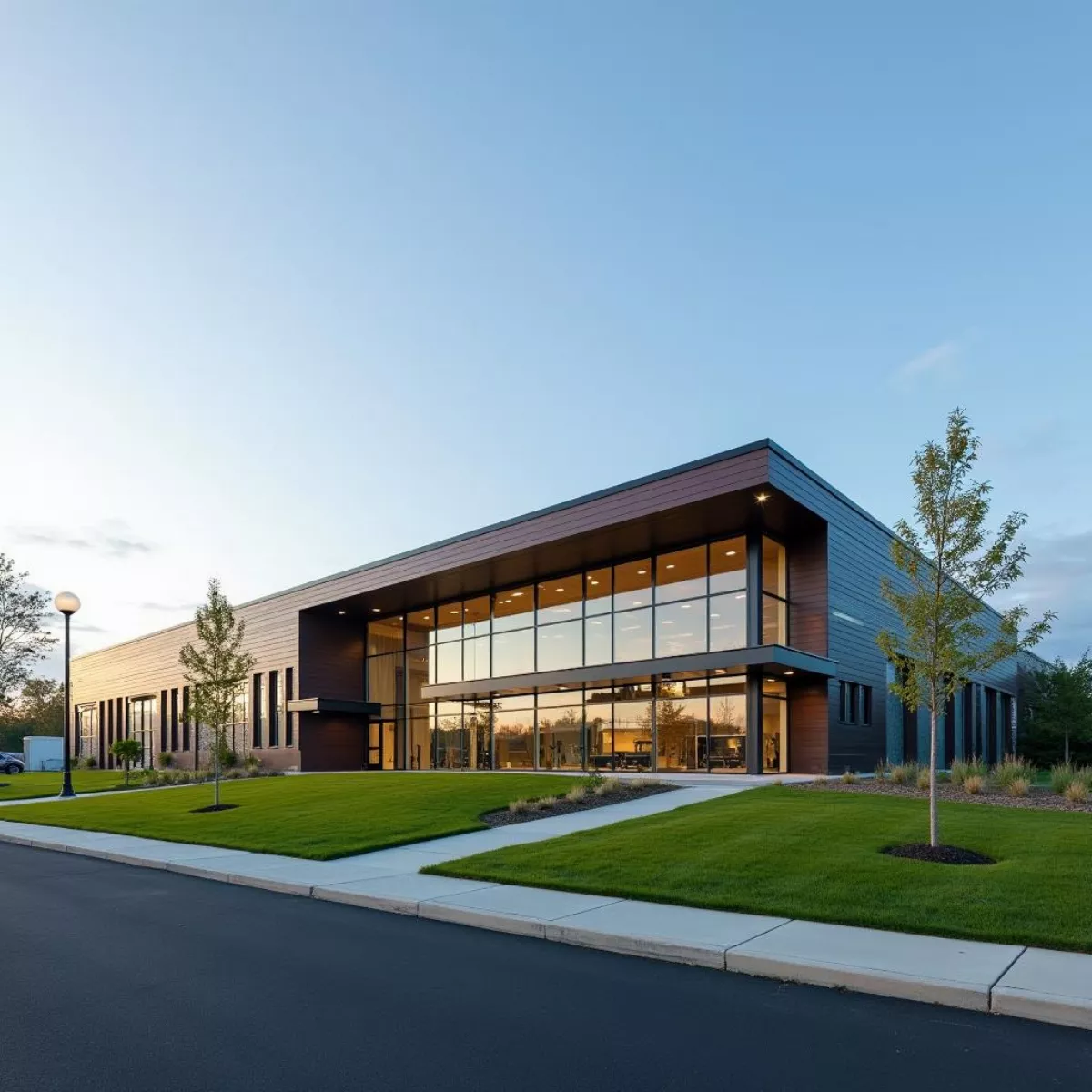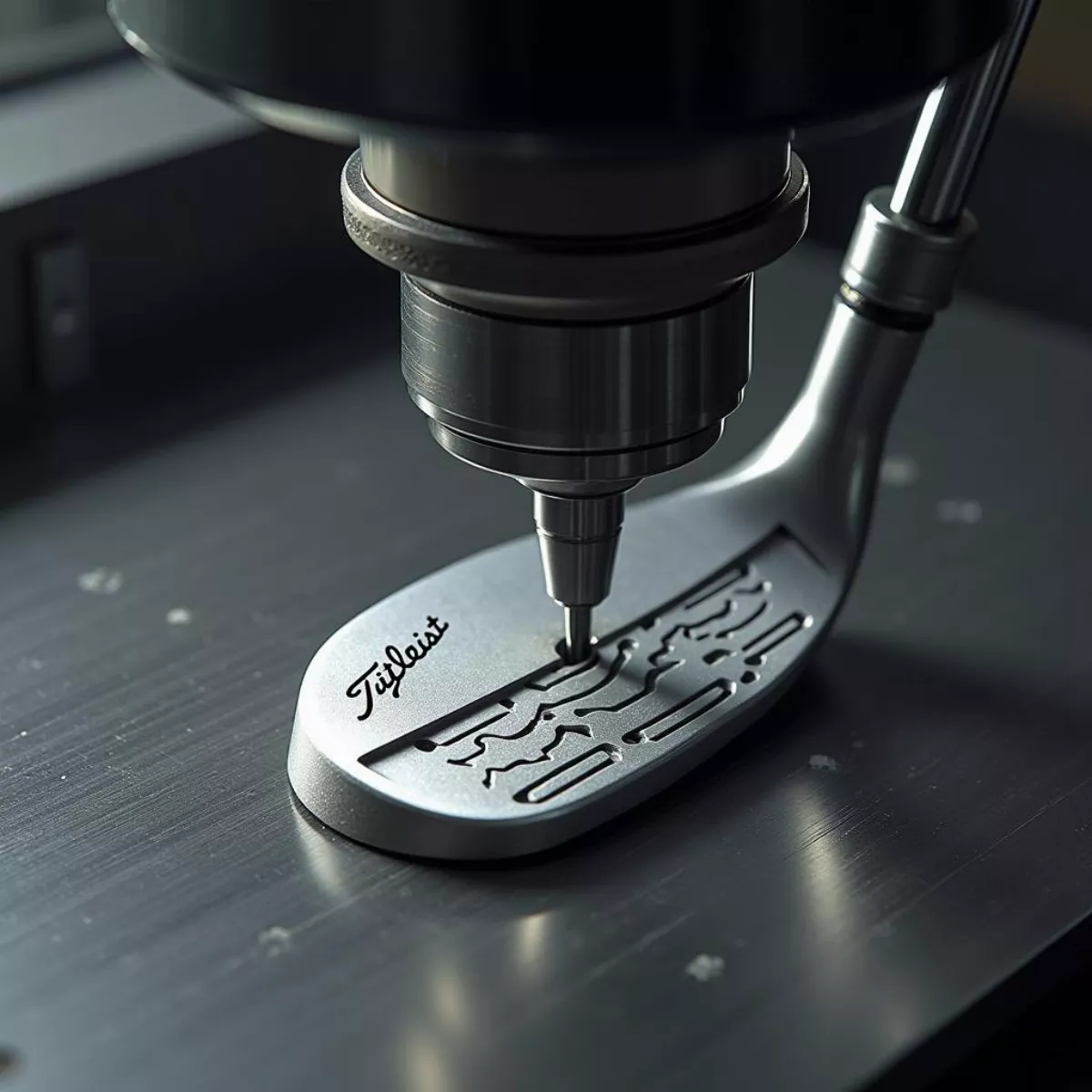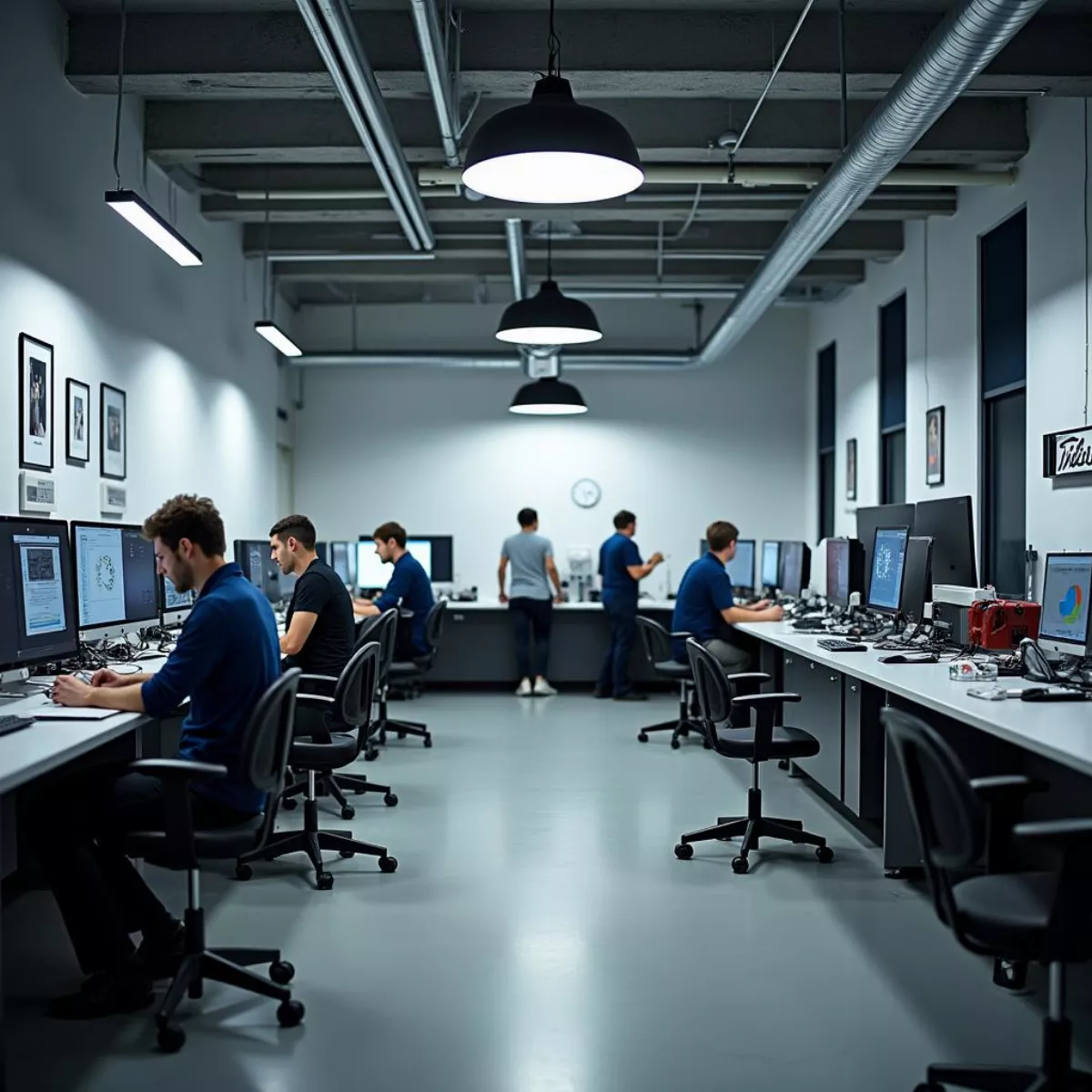If you’re an avid golfer or simply someone interested in the world of golf equipment, you’ve likely heard of Titleist. Known for its high-quality products and premium craftsmanship, Titleist is a brand that has earned a reputation among professionals and amateurs alike. But have you ever wondered where Titleist golf clubs are manufactured? In this article, we’ll dive into the fascinating journey of Titleist clubs from conception to final product, shedding light on the manufacturing processes involved.
A Brief History of Titleist
Titleist was founded in 1932 by Philip Young, who aimed to create the best golf balls available. Over the years, the company expanded its offerings to include golf clubs and other equipment, ultimately becoming a key player in the golf industry. Today, Titleist is owned by Acushnet Holdings Corp and is synonymous with quality performance products that cater to golfers at all skill levels.
Where Are Titleist Golf Clubs Manufactured?
Global Footprint
Titleist has established a global footprint when it comes to manufacturing. While many players may think the clubs are produced solely in one place, they are in fact made in several manufacturing locations around the world. Here’s a breakdown:
| Location | Products Manufactured |
|---|---|
| United States | High-end wedges and some custom clubs |
| Japan | Premium lines and some drivers |
| China | A range of products, including certain iron sets |
The American Connection
Most of Titleist’s high-end wedges and custom clubs are manufactured in the United States, specifically in Massachusetts. Their advanced manufacturing facility in New Bedford offers cutting-edge technology and craftsmanship, which ensures that these clubs meet the high standards that Titleist is known for.
 Titleist Manufacturing Facility in Massachusetts
Titleist Manufacturing Facility in Massachusetts
The Japanese Craftsmanship
The Japanese facilities are revered for their meticulous attention to detail. There, Titleist creates its premium lines and some drivers with exceptional precision. Golfers often appreciate the finely-tuned feel and performance of these products, which can partially be attributed to the Japanese manufacturing techniques.
Cost-Effective Chinese Production
Meanwhile, Titleist has factories in China that produce a diverse range of products, including some iron sets. Utilizing these facilities allows Titleist to offer options at various price points without compromising on quality. This provides value for golfers who are looking for performance without breaking the bank.
What Goes into Manufacturing Titleist Clubs?
Equipment and Technology
The manufacturing process requires advanced technology and machinery. Here are some of the key components:
- CNC Machines: These computer-controlled machines allow for intricate designs and precise cuts.
- Casting: A method used for creating club heads by pouring molten metal into a mold.
- Forging: Many Titleist clubs are forged, providing better feel and feedback.
- Finishing Processes: Each club undergoes meticulous finishing to enhance appearance and performance.
 Titleist CNC Machine Carving Club Head
Titleist CNC Machine Carving Club Head
Quality Control
Titleist prides itself on its quality control processes. Every aspect of manufacturing is closely monitored to ensure that each club meets the company’s rigorous standards. Testing is also performed at various stages of production, focusing on:
- Durability
- Performance
- Consistency
Customization Options
One of the standout features of Titleist clubs is their customization options. Golfers can choose from different shaft types, grips, and loft settings, allowing them to personalize their clubs according to their preferences. Some customization occurs in the U.S., particularly for higher-end models, ensuring that each club is tailored to the player’s needs.
The Role of Innovation in Manufacturing
Research and Development
Titleist invests heavily in research and development (R&D) to refine and innovate their manufacturing processes. This includes seeking out new materials and production techniques that enhance performance.
 Titleist Research and Development Lab with Material Testing
Titleist Research and Development Lab with Material Testing
Player Feedback
Titleist is well-known for its commitment to using feedback from professionals. By working closely with golfers, they gain insights that help them improve their design and manufacturing processes.
“The best feedback comes from players testing our products under real conditions. This helps us iterate and evolve continually.” – A Titleist Representative
Sustainability Efforts
In recent years, Titleist has also made strides in sustainability. Many energy-efficient methods and materials are employed in their manufacturing facilities, reflecting a commitment to environmental responsibility.
Titleist Clubs in the Market
Titleist has a wide array of clubs catering to players across the spectrum:
Categories of Titleist Golf Clubs
- Drivers: Engineered for distance and accuracy.
- Irons: Crafted for precision and feedback, with various options available from game improvement to players’ irons.
- Wedges: Known for their spin control and versatility.
- Putters: Offering innovation in alignment and feel.
Demand and Popularity
Titleist clubs are popular at various levels of play, from casual golfers to professional athletes. They frequently rank among the top choices in professional tournaments, further showcasing their effectiveness and reliability.
 Pro Golfer Using Titleist Club During Tournament
Pro Golfer Using Titleist Club During Tournament
Key Takeaways
- Titleist golf clubs are manufactured globally, with production bases in the United States, Japan, and China.
- The U.S. facility focuses on high-end wedges and custom clubs, while Japan is renowned for its premium products.
- China plays a critical role in manufacturing a range of affordable yet high-quality clubs.
- Titleist integrates advanced technology and quality control into its manufacturing processes.
- Customization options allow golfers to personalize their clubs for better performance.
FAQs
1. What types of clubs does Titleist manufacture?
- Titleist manufactures drivers, irons, wedges, putters, and more.
2. Where are the highest-end Titleist clubs made?
- The highest-end clubs are primarily produced in New Bedford, Massachusetts.
3. Are Titleist clubs suitable for beginners?
- Yes! Titleist offers clubs that cater to players of all skill levels, including beginners.
4. Can I customize my Titleist clubs?
- Yes, Titleist offers several customization options, allowing you to choose specifications that fit your game.
5. How does Titleist ensure the quality of its clubs?
- Titleist employs rigorous quality control processes and performs extensive testing throughout the manufacturing stages.
6. What makes Titleist clubs different from other brands?
- Titleist is known for its precision manufacturing, premium materials, and strong commitment to player feedback.
7. How large is Titleist’s footprint in the golf club market?
- Titleist holds a significant market share in both amateur and professional sectors, being a top choice among touring professionals.
8. What is the role of R&D in Titleist’s manufacturing?
- Research and development plays a critical role in innovating materials and designs that improve performance and player experience.
9. Is Titleist involved in sustainable manufacturing?
- Yes, Titleist has implemented several sustainability initiatives in their manufacturing processes.
10. How do Titleist clubs perform on the course?
- Titleist clubs are well-regarded for their accuracy, feel, and overall performance, often favored by many seasoned golfers.
By understanding the journey of Titleist golf clubs from manufacturing to market, you’re better equipped to appreciate the craftsmanship behind this iconic brand. Whether you’re a seasoned pro or just starting out, Titleist offers something special for every golfer!

